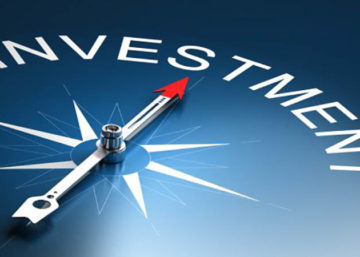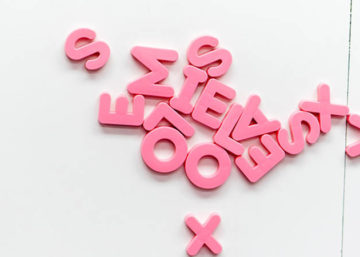Presentation is the same as your appearance on your first date
I
magine that your first date has just been over. It can become a good beginning of new relationships or can remain first and last. You have no ways to know whether you was interesting person for your partner or not unless you write a message or make a call. No matter whether you do it the next day or in a week, it makes sense how you was retained emotionally from the first date.
While slideshow on a business meeting we encourage clients with our offer and expect that they will give us a deal immediately. But it often takes days, weeks and months to make a decision in large companies. What will our clients remember about us if we call them two days later? What statements of our 40 minutes performance will audience retain in one week? The right answer is less than 30%.
Presentation is about person-to-person dialogue
Presentation effectiveness can not be evaluated by a set of automatically collected metrics like for website. While website is a company-to-market instrument of communication which broadcasts your business message, presentation slides are most often person-to-person dialogue. Unlike website, a presentation success is fully dependable on you. Its slides can be ideally thinked and designed but if you’re unable to string a sentence together while talking to people you cannot count on second date. If you don’t make a call the next day after your presentation being held you won’t know whether you and your slides had success or not.
The goal of any presentation is not only to lead someone through your story from point A to point B but also to retain its key statements for days and weeks. So that when you call a client regarding your offer in a couple of days they could easily remember your idea among tens of others. You’ll never know if your presentation was good enough or not unless you ask people about it directly.
Successful presentations are understandable, memorable, and emotional.
This quote is true but all of these are the attributes of a presentation but not the measurement of its effectiveness. How can we check ones? Your presentation was successful if talking to or surveing a person 2-3 days later:
- You and your key statements were memorized
- You get questions or objections to your presentation
- You’re being told another story linked to your presentation
- You’re being told: Shut up and take my money!
Got any of these 4 points in feedback? Congratulations, your slides have reached the target!



